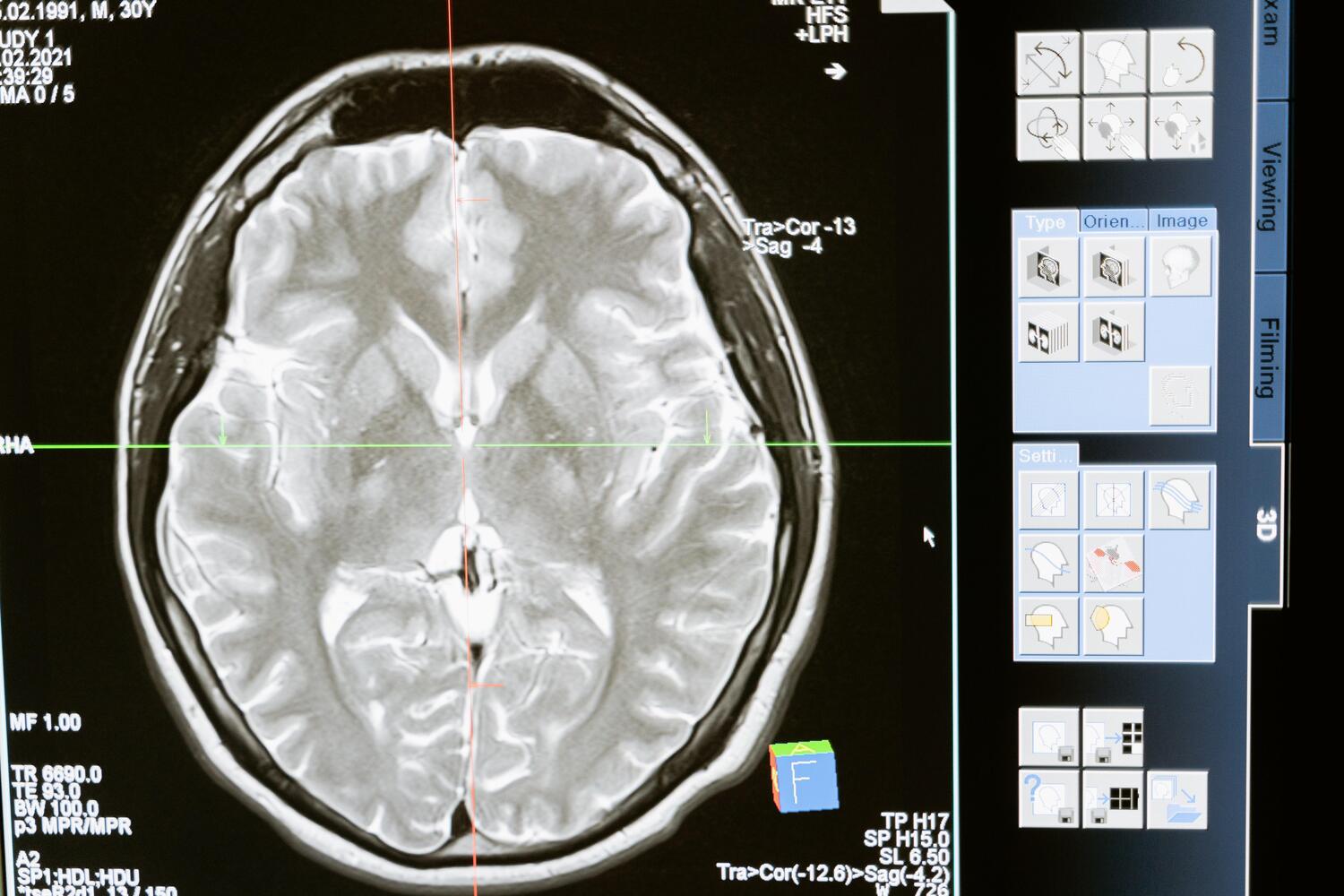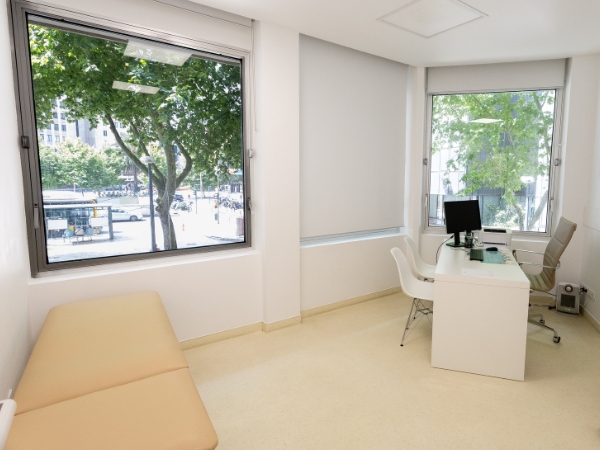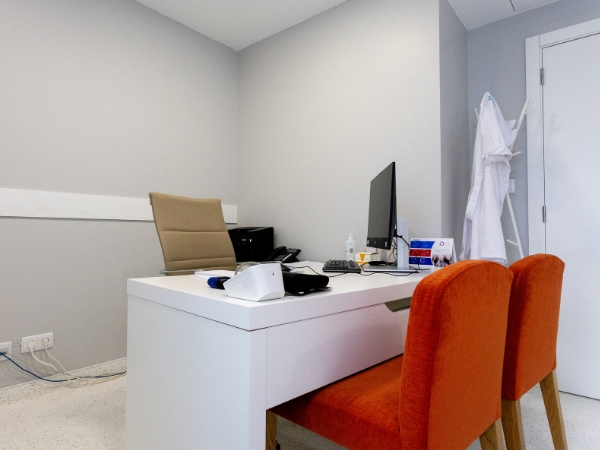Good sleep is fundamental to our quality of life and health.
Today, around 45% of the world’s population has sleep problems, which is a threat to mental and physical health.
In the Sleep Consultation, the specialist doctor assesses, diagnoses and treats the various sleep disorders.
A multidisciplinary approach is also used to assess the relationship between sleep deprivation and chronic illnesses.
Some of the auxiliary diagnostic tests carried out are: Polysomnography, Cardiorespiratory Polygraphy, Actigraphy, among others.
Areas of Intervention
You should then go to a Sleep Consultation if you have symptoms or problems such as:
- Poor sleep / insomnia;
- Snore;
- Breathing stops during sleep;
- Drowsiness during the day and tiredness;
- Headaches during the day;
- Among others.
Frequent sleep disturbances
Sleep Apnea Syndrome
It’s a common disorder, affecting around 17% of men and 9% of women, according to the most conservative studies.
The brain registers the lack of oxygen and the individual wakes up just long enough to clear the airway and start breathing again, beginning a new cycle.
These events put the heart under pressure and can result in hypertension, coronary heart disease, arrhythmias or stroke.
Insomnia
Insomnia is one of the most common sleep disorders: international studies show that it affects 30-45% of the adult population.
Chronic insomnia is characterized by persistent difficulty initiating sleep, frequent awakenings during the night or waking up earlier than desired.
It is associated with daytime symptoms that can be very diverse and have a negative impact on quality of life.
These include fatigue, mood swings or irritability, headaches, cognitive changes and reduced professional and social functioning.
Restless Legs Syndrome
Restless Legs Syndrome is characterized by a feeling of discomfort and restlessness in the legs when at rest and can make it difficult to fall asleep at the beginning of the night or to continue sleeping.
It is a common disorder, occurring in 3 to 10% of the population, and affects adults, adolescents and children, with a high incidence in families.



